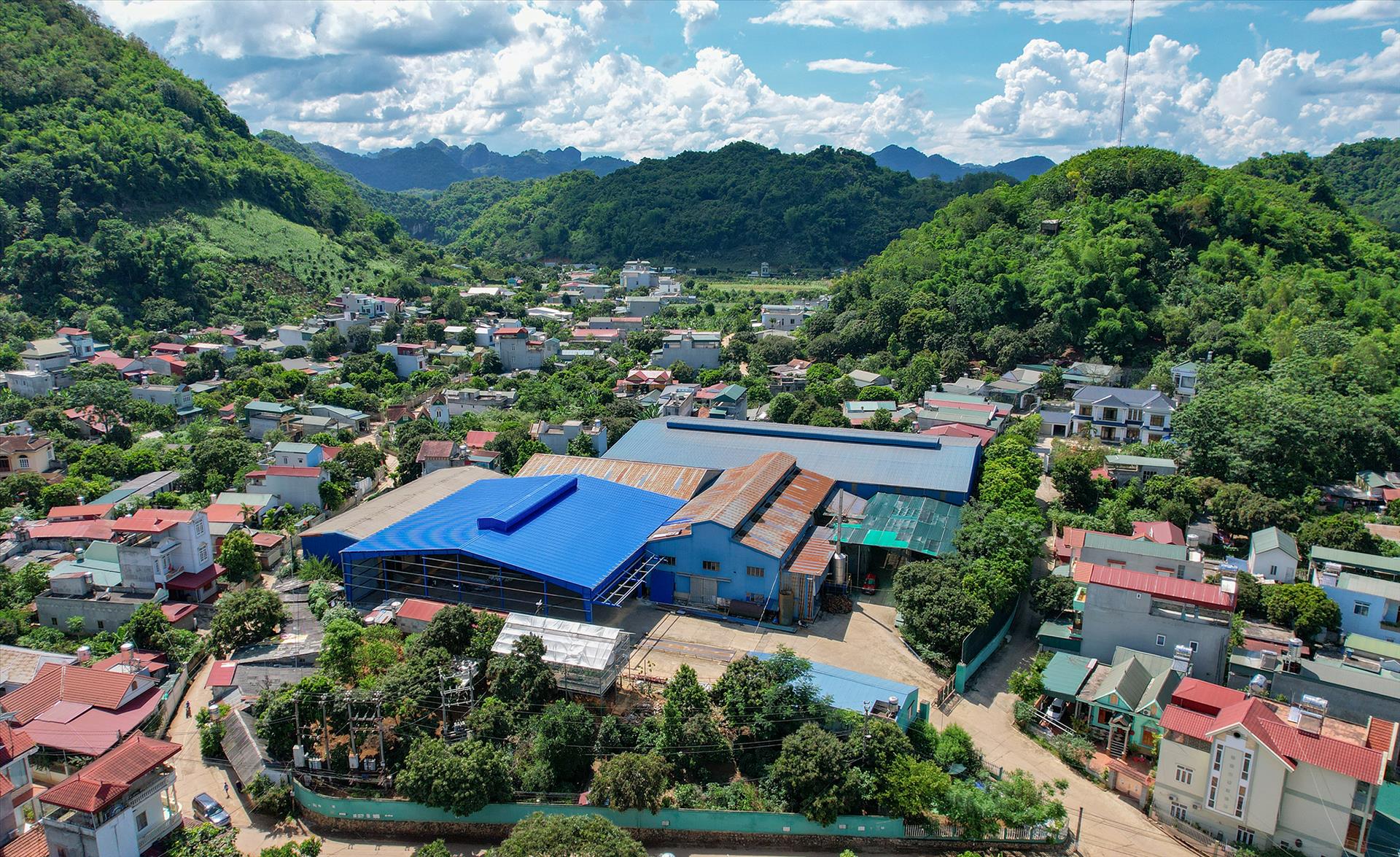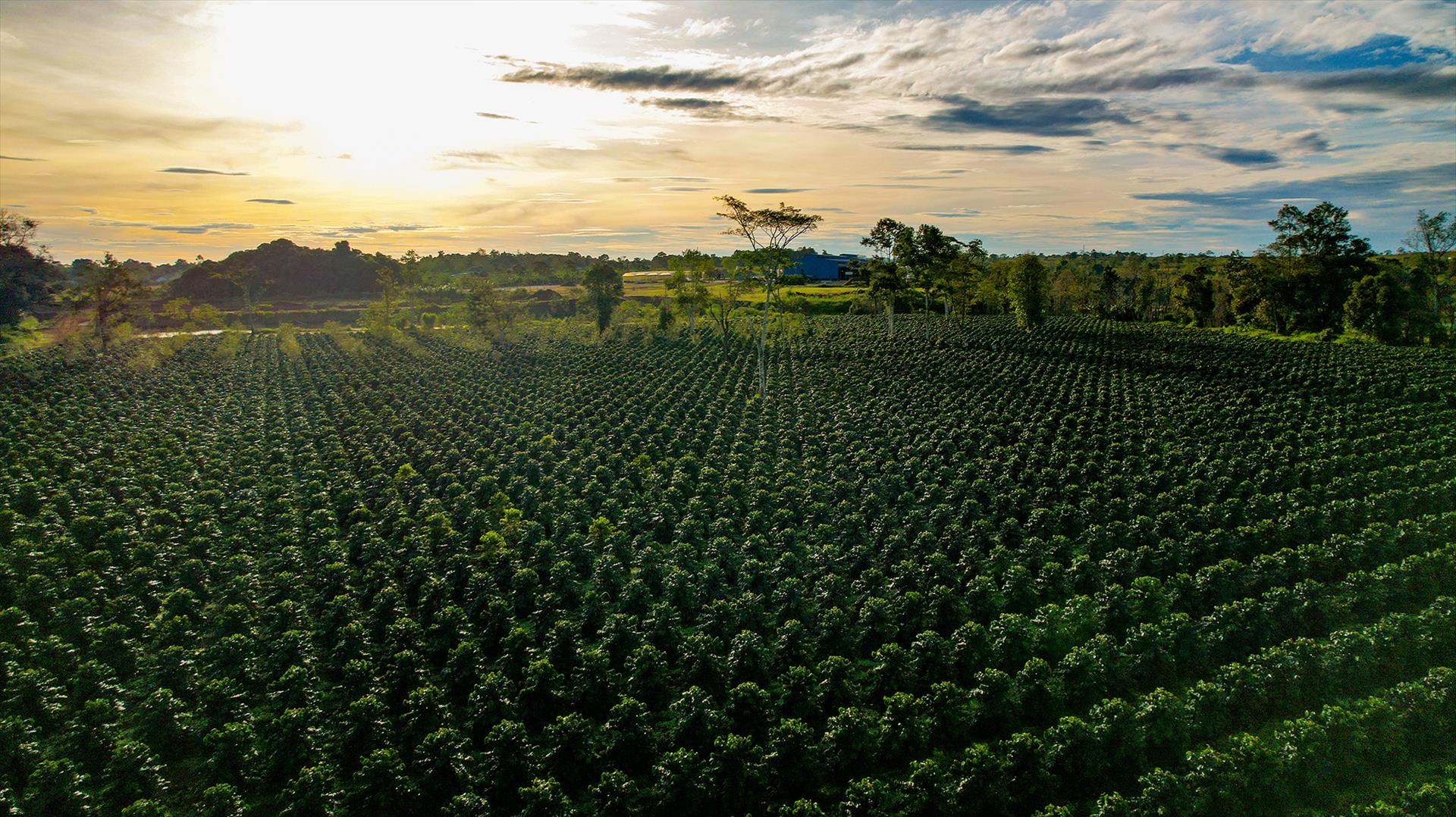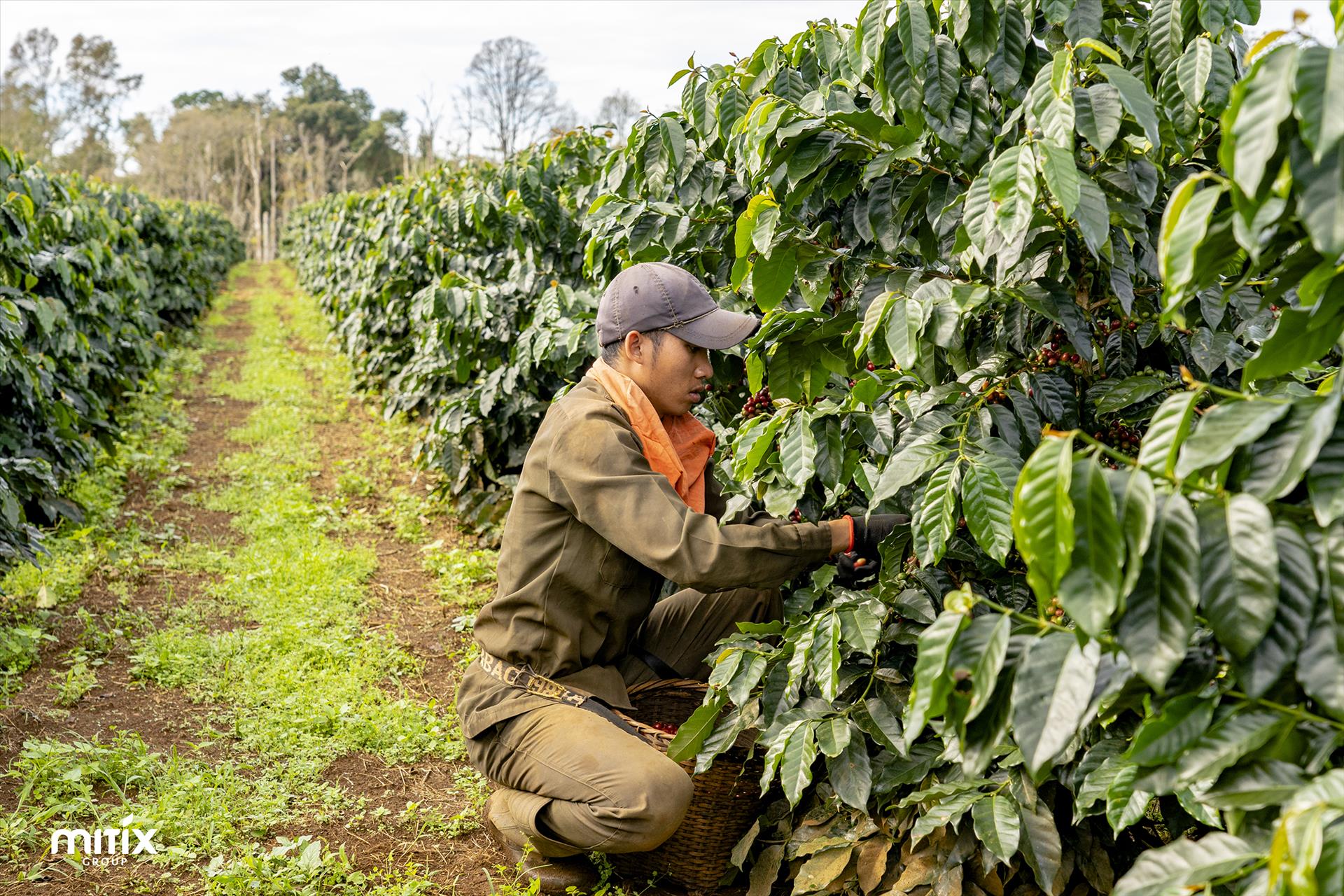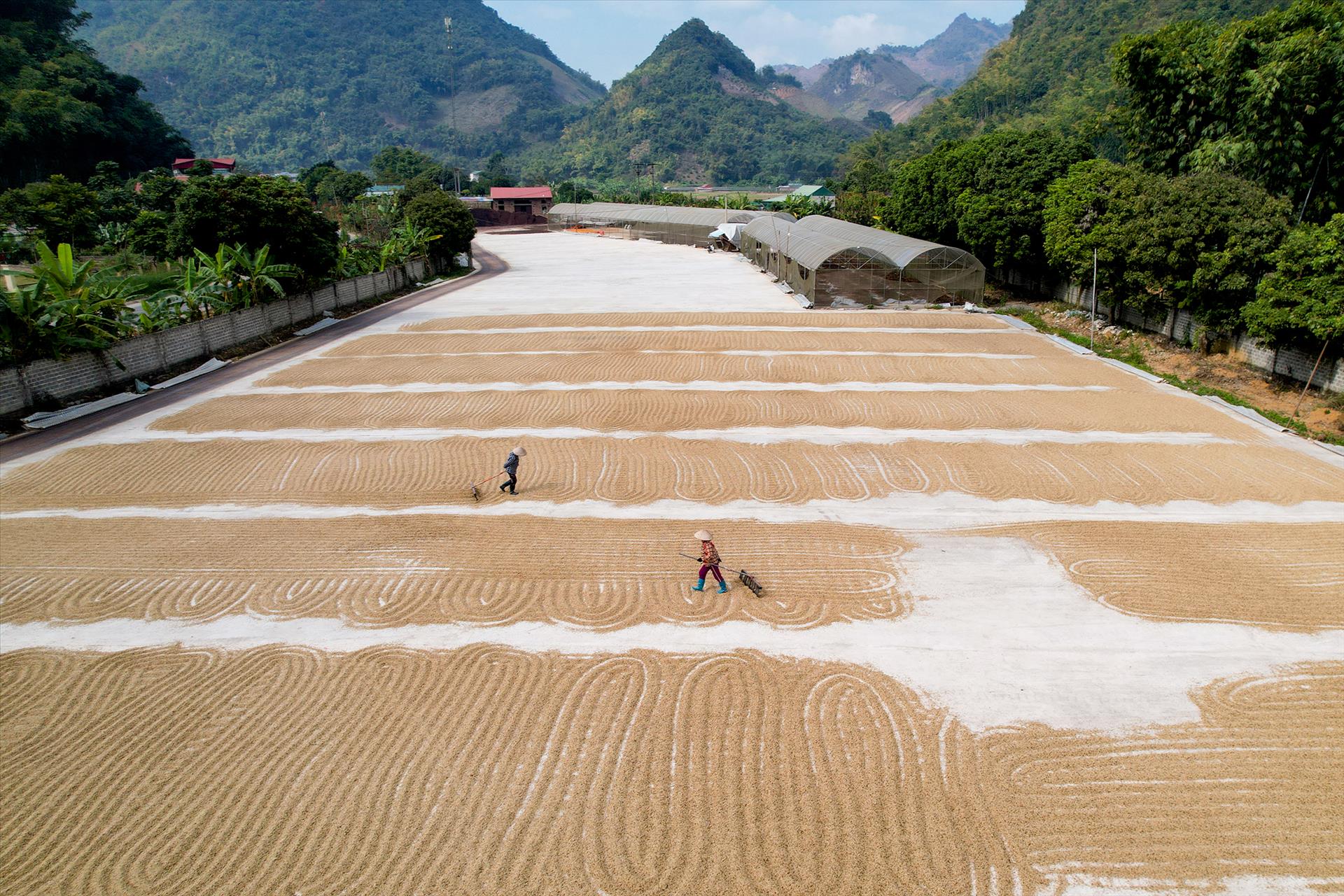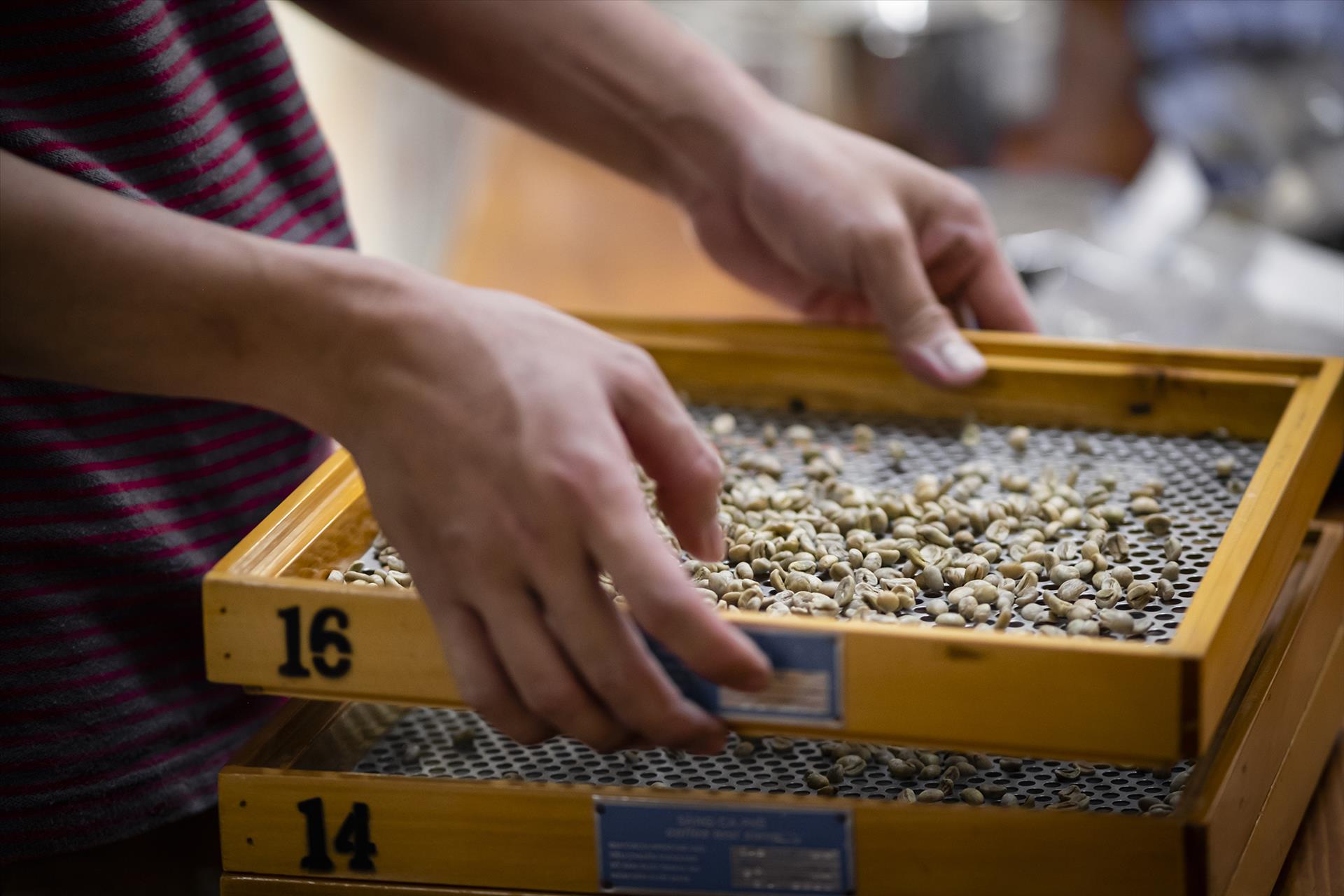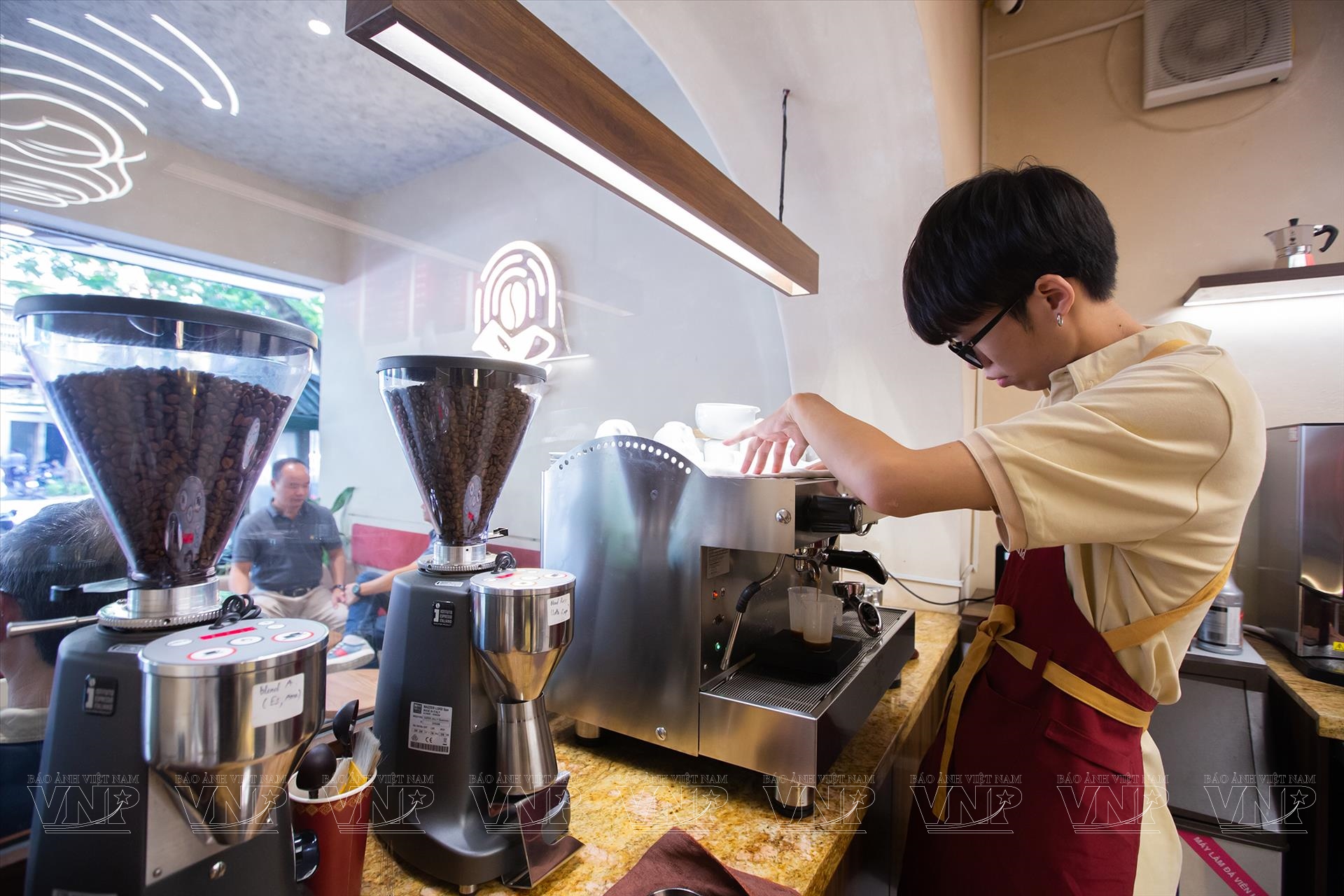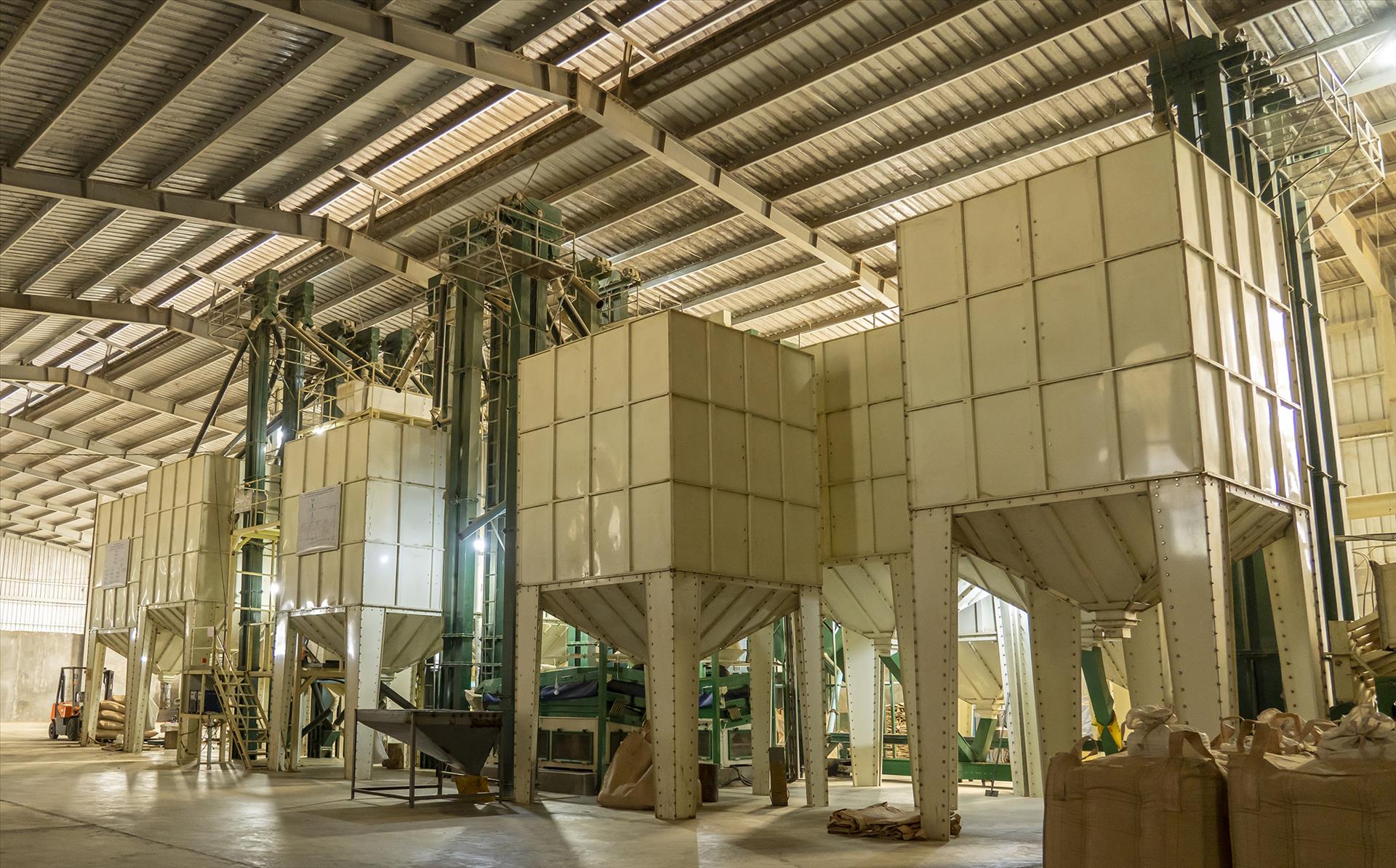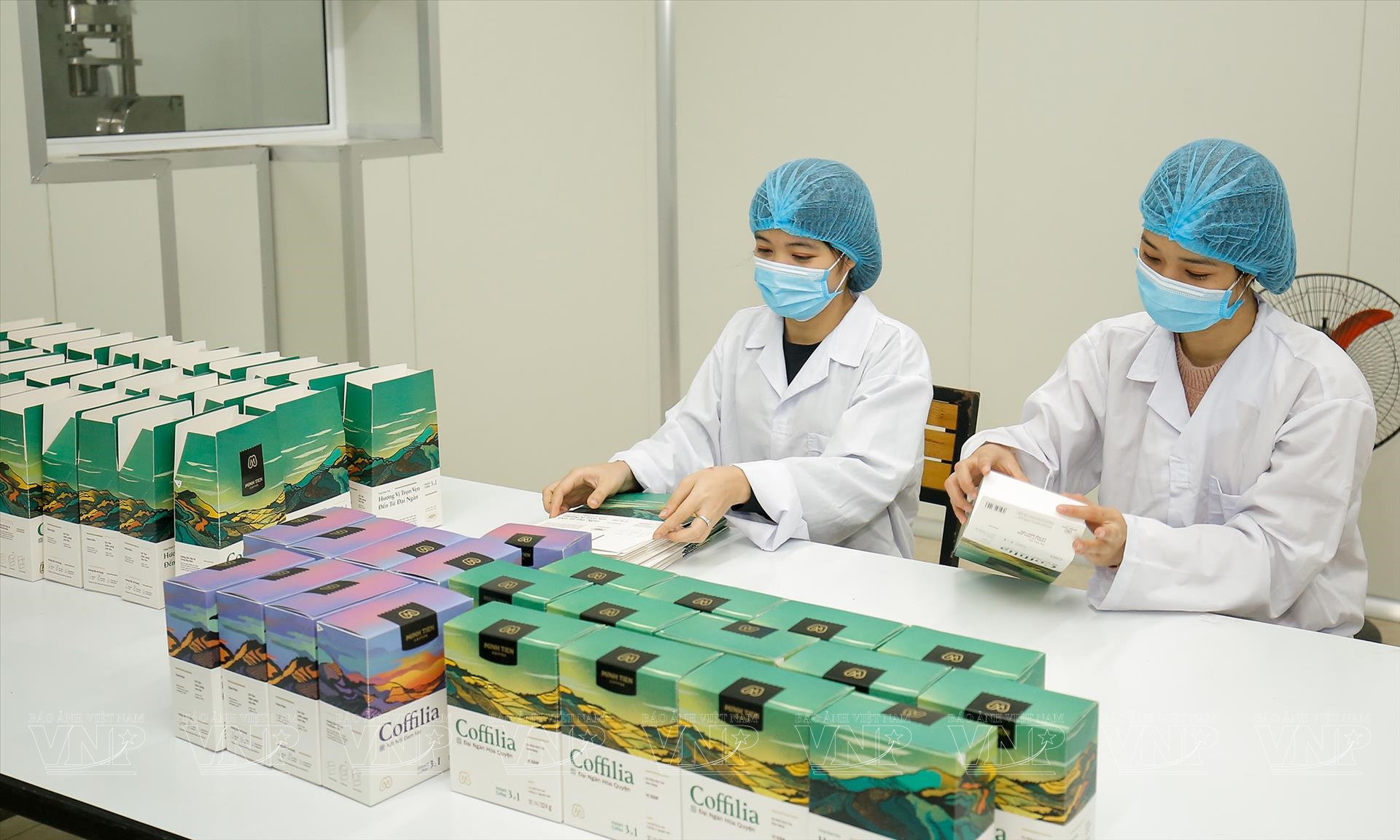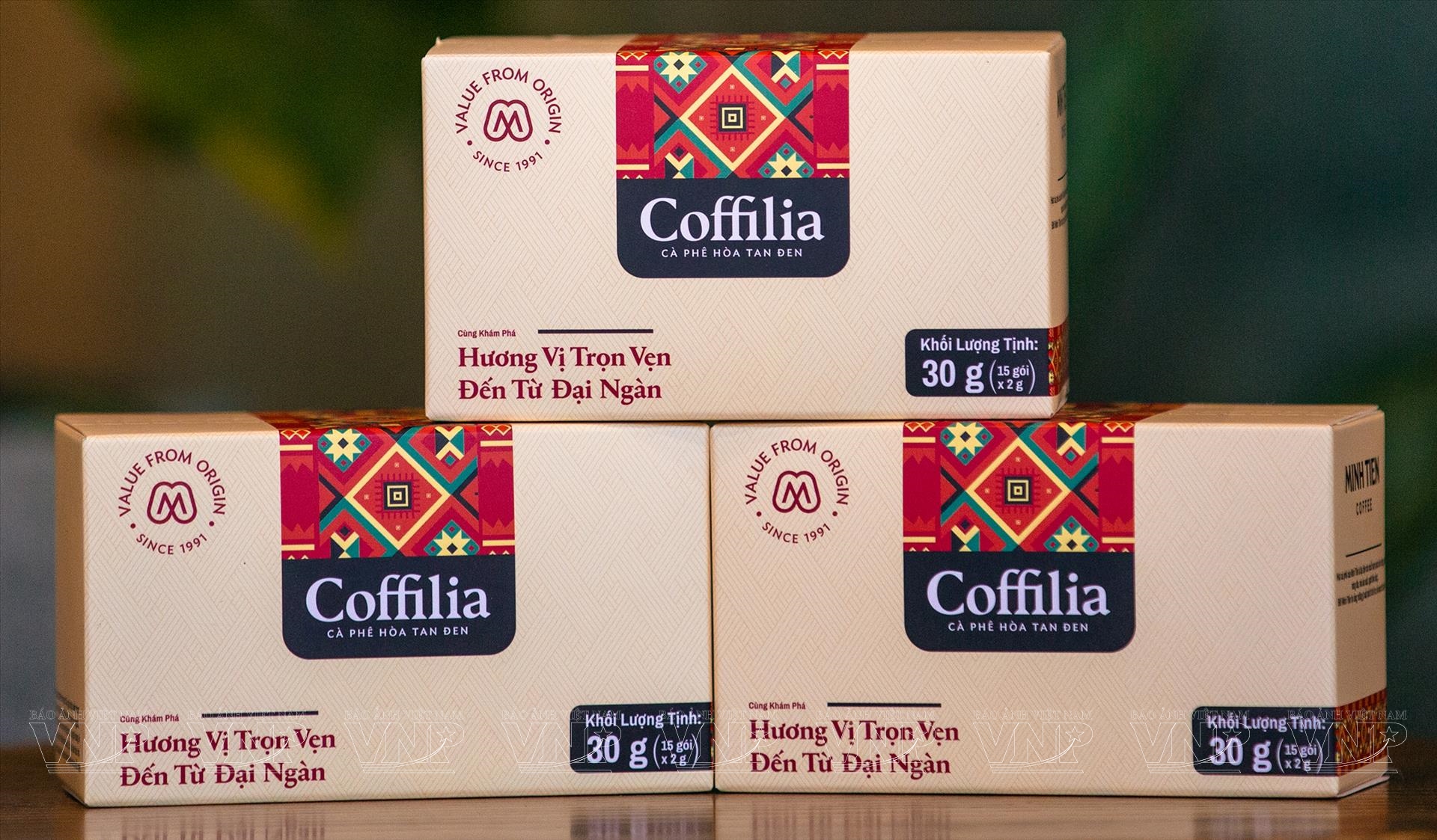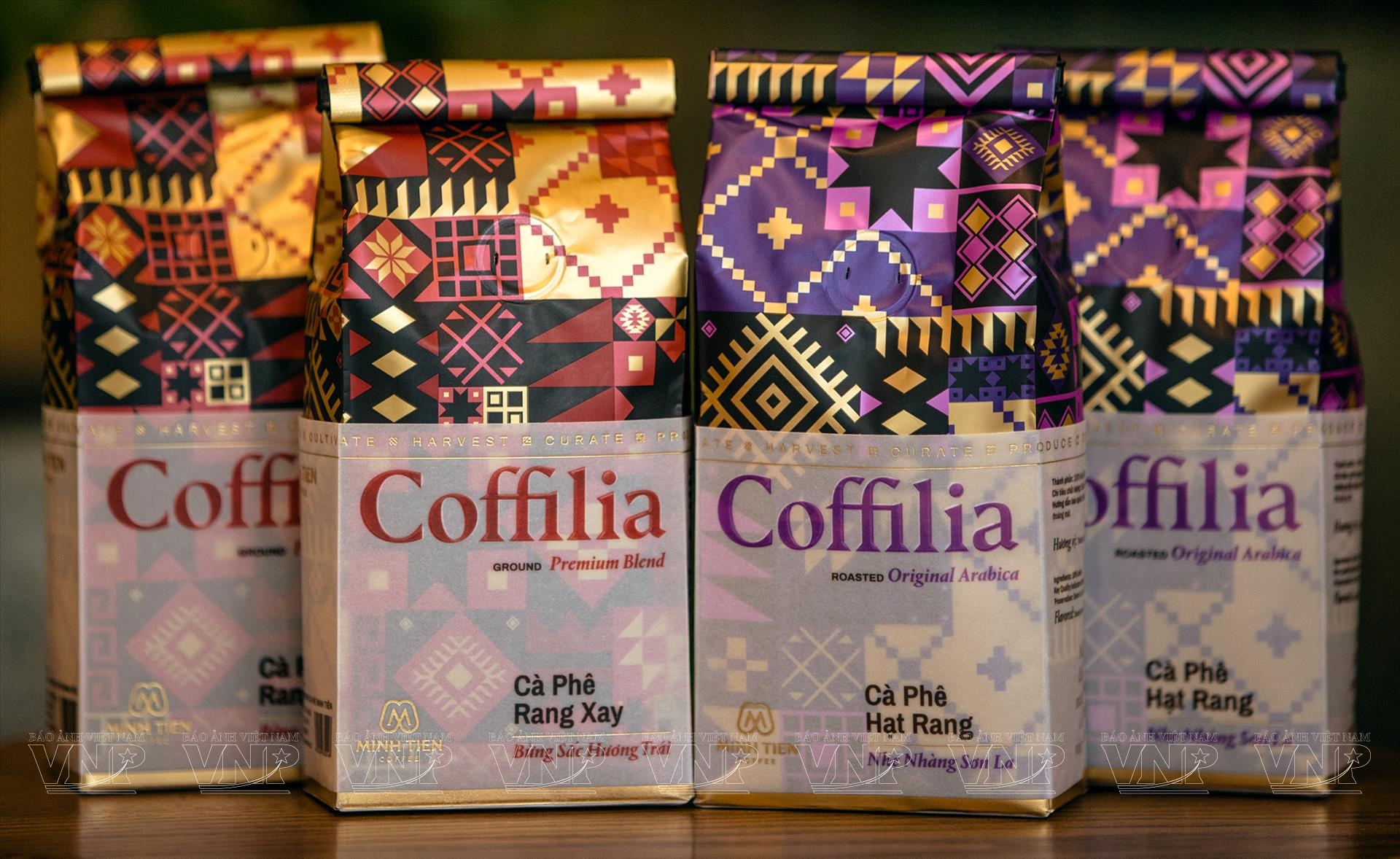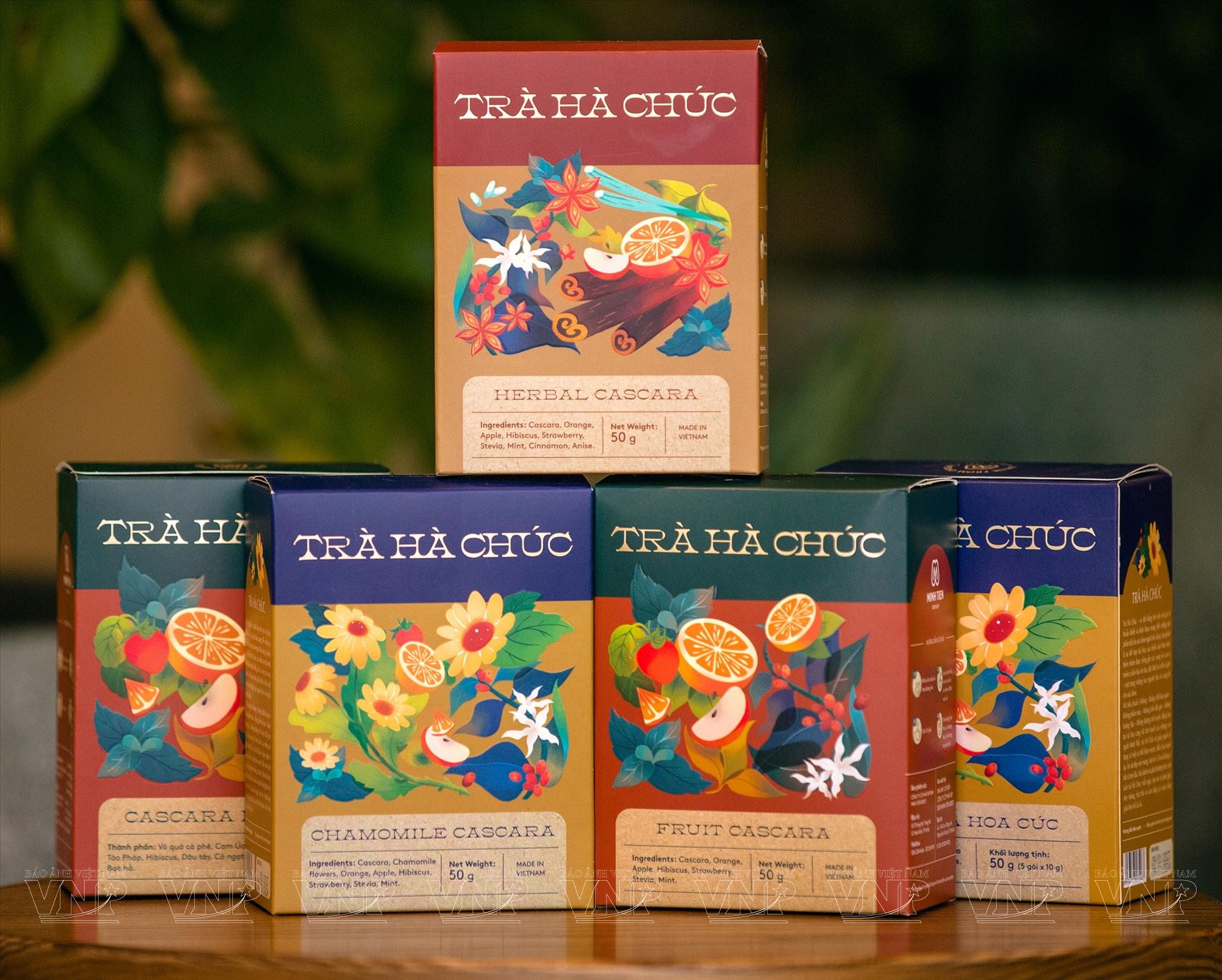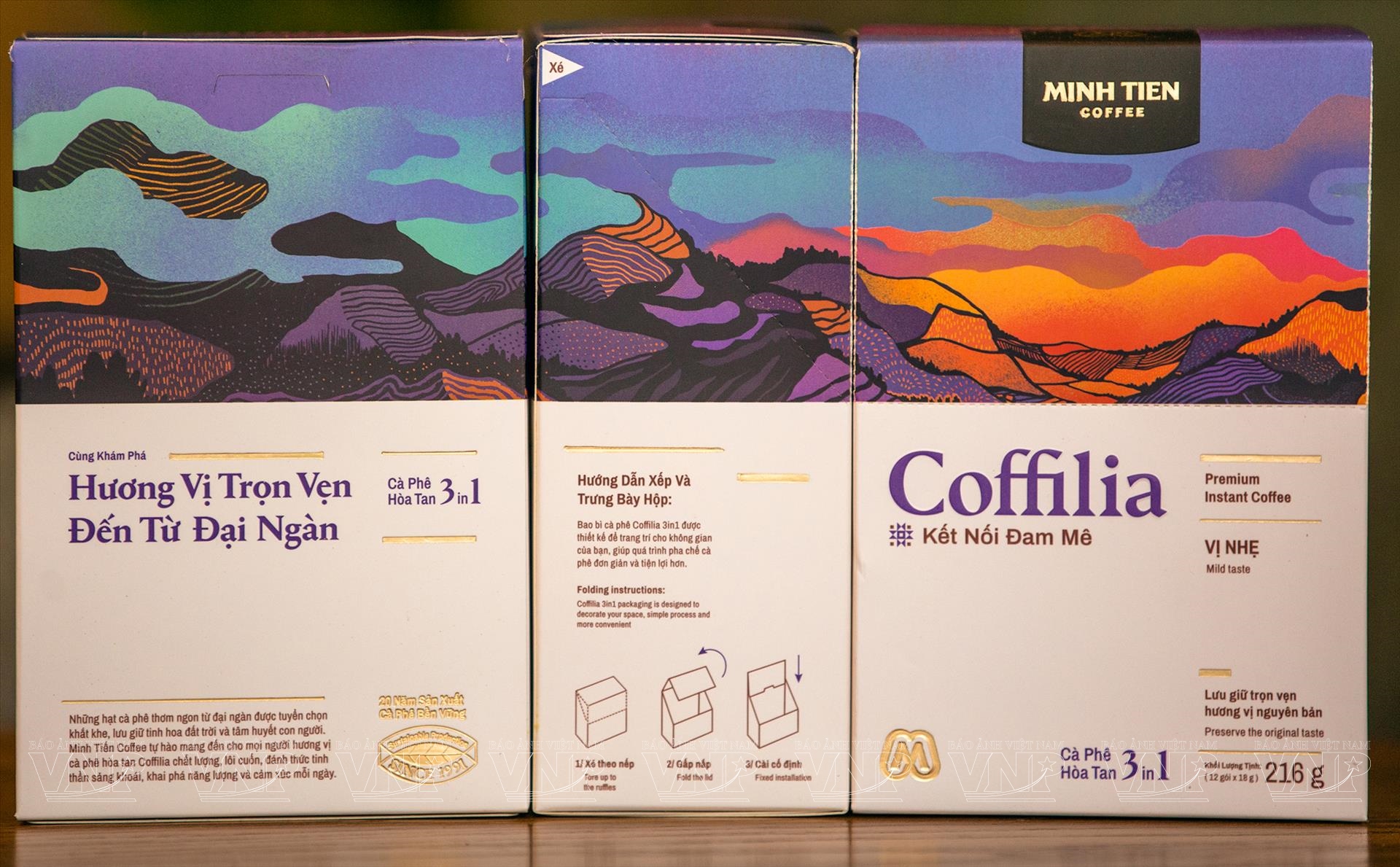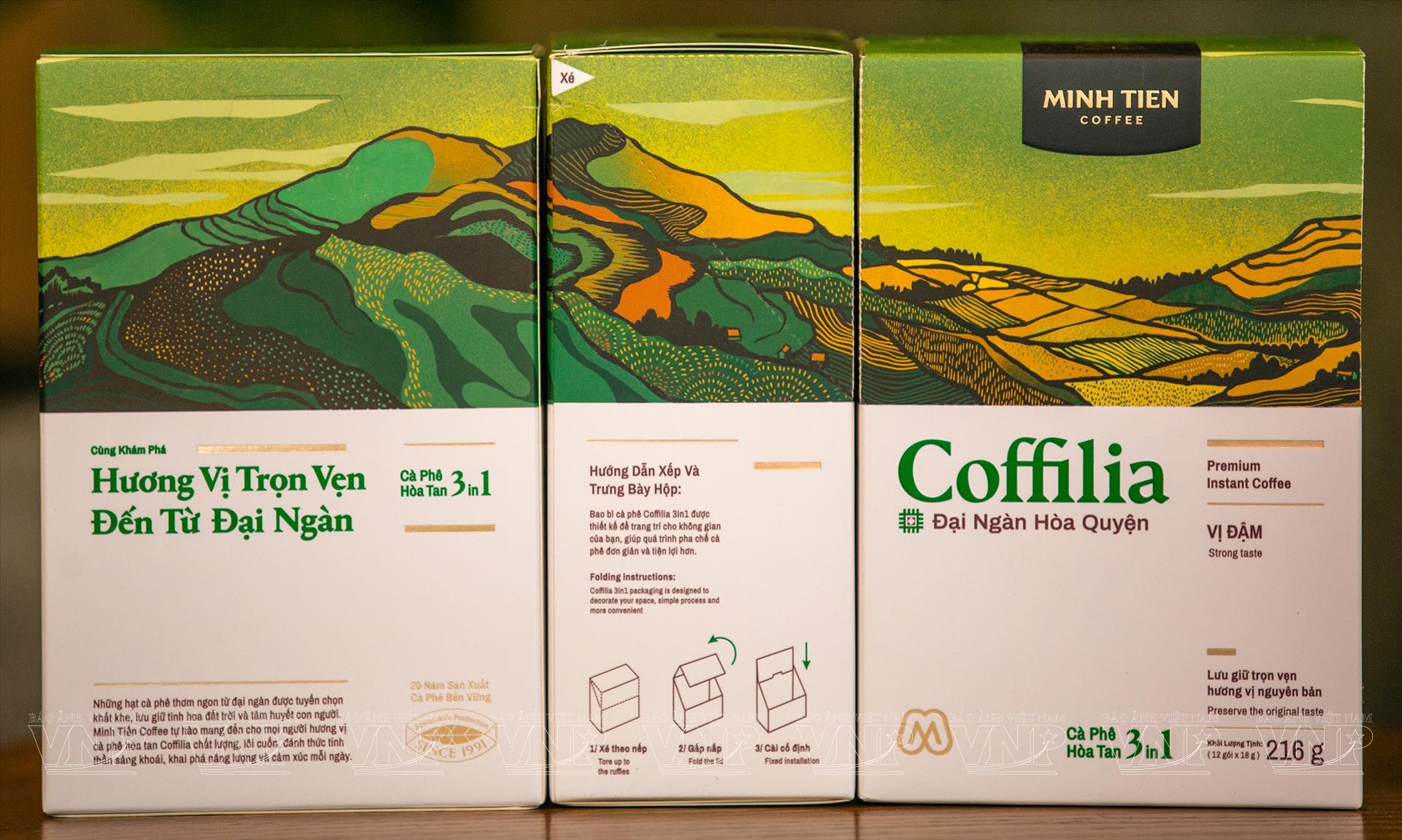Minh Tien Coffee Group - A Pioneer Adopting Circular Economy Model
No part of the coffee bean is discarded. The by-products in the processing of the beans will be transformed into raw materials for producing other products within the ecosystem. This is the circular economy model that Minh Tien Coffee Group is currently implementing.
Green coffee beans are used to produce roasted and ground coffee, the instant coffee Coffilia, and for export. Cascara Tea Ha Chuc is made from coffee pulp, while bio-product Namigo is derived from coffee grounds and coffee husks, or organic fertilizers from coffee pulp and husks.
Since the late 1990s, Vietnam has been one of the world's leading coffee exporters in terms of volume. However, the majority of Vietnam's coffee production comes from Robusta beans, a type known for its strong bitter taste. While Robusta coffee is popular among the Vietnamese, it is less favored by international consumers and is mainly exported as raw material. The global preference leans towards Arabica coffee, which has a sour, aromatic flavor and contains less caffeine. Arabica coffee plants, though are more challenging to cultivate, requiring specific climatic and soil conditions that not all regions can meet.
Minh Tien entered the coffee production arena around that time. However, by the year 2000, after a decade of traversing the country in search of suitable coffee-growing regions, Minh Tien made a distinctive choice compared to other companies in the industry. They targeted the Arabica coffee bean market. Instead of opting for the Central Highlands, the heartland of Vietnam's coffee production, the company explored sourcing areas in the Northwest region, where the potential for coffee cultivation had yet to be fully tapped.
The aspiration to elevate the value of Vietnam's Arabica coffee beans was nurtured over three decades and officially launched in the past two decades. Minh Tien has gradually developed farming models, expanded cultivation areas, and introduced Vietnamese coffee beans to the world.
Living in harmony with that original value has been Minh Tien's journey, leading them to recognize the need for a significant transformation towards a circular economy model to preserve the original value and protect the environment and natural resources. This awareness has become a guiding principle for every individual within the corporation.
In 2017, Minh Tien achieved ISO 22000:2005 certification and then geographic indication certification for Son La coffee in 2018. Thanks to its sustainable farming model and product quality meeting international standards, Minh Tien has become a trusted coffee supplier for leading global and regional corporations such as the Neumann Group, Atlantic Group, Mitsui & Co. Ltd, and Marubeni Corp.
After many years of implementing a circular economy model in production, Minh Tien has maximized the use of raw materials, significantly reduced waste and emissions, minimized disposal and treatment costs for by-products from the coffee processing process while also reducing production costs and enhancing the supply chain.
The founder of the Minh Tien brand, Nguyen Thi Hong Minh, Chairwoman of the Board of Directors of Minh Tien Coffee Group, has previously said at exhibitions that Minh Tien aims to assert its guiding principle by effectively applying the circular economy model throughout the ecosystem to fully use the essence of the product and drastically minimize environmental waste. This is driven by the ambition to build a sustainable agriculture sector.
From the early days of its establishment, Minh Tien has always been conscious of the corporate responsibility towards the environment. The company has consistently utilized, researched, and continuously optimized its production processes to use by-products as inputs for other products, aiming to create a closed-loop, modern, and sustainable economic cycle.
At World Expo 2020, the oldest and largest non-commercial exhibition globally, held in Dubai from October 2021 to March 2022, Minh Tien attended and presented the economic model that his company is currently operating. Due to a one-year delay caused by the Covid-19 pandemic and with significant effort and determination from the host country, the story of the circular economic model of a Vietnamese coffee brand garnered even more attention from international media.
Standing out at World Expo 2020 with its circular economy model, Minh Tien has not only brought pride to Vietnam but also marked a significant achievement in the company's three-decade journey of pursuing the dream to elevate the value of Vietnam's coffee beans.
Vietnam is one of the world's leading coffee exporters in terms of volume. However, the majority of Vietnam's coffee production comes from Robusta beans, a type known for its strong bitter taste. While Robusta coffee is popular among the Vietnamese, it is less favored by international consumers and is mainly exported as raw material. The global preference leans towards Arabica coffee, which has a sour, aromatic flavor and contains less caffeine. Arabica coffee plants, though are more challenging to cultivate, requiring specific climatic and soil conditions that not all regions can meet.
Story: Thao Vy
Photos: Minh Tien Group's Files
Translated by Nguyen Tuoi
